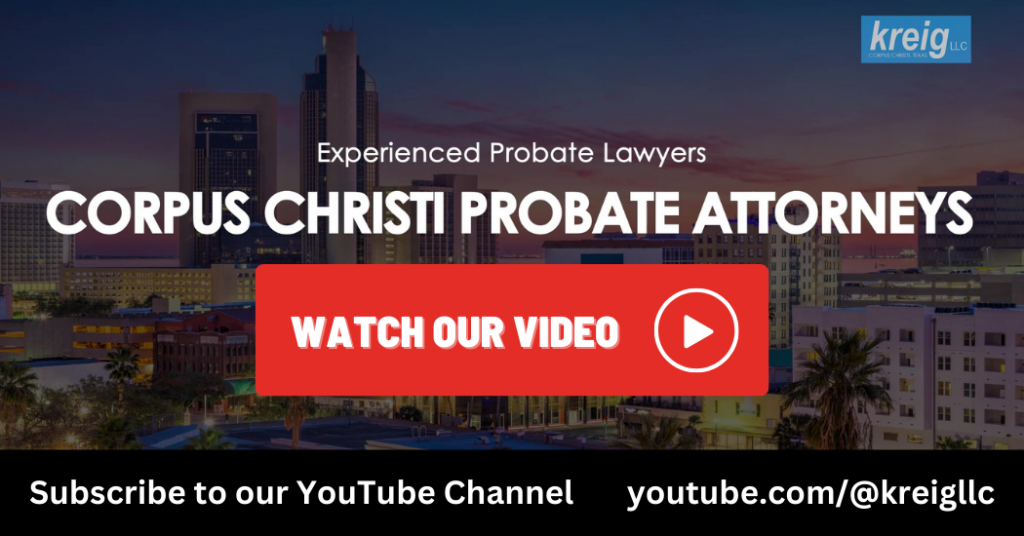When a loved one passes away, the probate process can be overwhelming and confusing, particularly if there are disputes over the distribution of assets or the appointment of an executor. In this blog article, we will explore a case study that highlights the legal issues that can arise during the probate process in Texas, especially concerning will validity.
Facts & Procedural History
Edna’s mother-in-law passed away in 2011, and her will was first filed for probate in 2013. The decedent had eight children, and three of her siblings attempted to probate the will. Edna’s husband, Paul, was unaware of the assets in the estate, except for the house. Wendy, one of the siblings, was named as the executor in the will and was attempting to be appointed as executor.
Validity of the Will
The first legal issue in this case is the validity of the will. In Texas, a will must be in writing and signed by the testator or by someone else at their direction and in their presence. The will must also be attested to by two or more witnesses who were present when the testator signed the will. If any of these requirements are not met, the will may be invalid.
If the will is found to be invalid, the estate will be distributed according to Texas intestacy laws, which may result in a different distribution of assets than what was outlined in the will. This can lead to disputes among the heirs or beneficiaries, particularly if the distribution of assets is not what the decedent would have wanted.
Identification and Valuation of Assets:
The second legal issue in this case is the identification and valuation of assets. The executor of the estate is responsible for identifying and valuing all of the decedent’s assets, including bank accounts, stocks, and personal property. The executor must also pay off any debts or taxes owed by the estate before distributing the remaining assets to the heirs or beneficiaries.
If Paul does not know what assets are in the estate, it can be difficult for the executor to identify and value all of the assets. If the executor undervalues or overlooks certain assets, this could lead to disputes among the heirs or beneficiaries over the distribution of assets.
Appointment of an Executor:
The third legal issue in this case is the appointment of an executor. The executor is responsible for managing the estate during the probate process, including identifying and valuing assets, paying off debts, and distributing assets to the heirs or beneficiaries. The executor is typically named in the will, but if there is no executor named or if the named executor is unable or unwilling to serve, the court will appoint someone to serve as the executor.
If there are disputes among the heirs or beneficiaries over the appointment of an executor, this can lead to delays in the probate process and additional legal costs. It is important to work with an experienced probate attorney to ensure that the appointment of an executor is handled correctly and fairly.
Conclusion:
The probate process can be complicated, particularly when there are disputes over the validity of the will, the identification and valuation of assets, and the appointment of an executor. It is important to work with an experienced probate attorney to ensure that the process runs as smoothly as possible and that your rights as an heir or beneficiary are protected.
Do you need help with a probate matter in Corpus Christi or the surrounding area? We are Corpus Christi probate attorneys. We help clients navigate the probate process. Call today for a free confidential consultation, 361-298-1109.
Our Corpus Christi Probate Attorneys provide a full range of probate services to our clients, including helping with probate administration. Affordable rates, fixed fees, and payment plans are available. We provide step-by-step instructions, guidance, checklists, and more for completing the probate process. We have years of combined experience we can use to support and guide you with probate and estate matters. Call us today for a FREE attorney consultation.
Disclaimer
The content of this website is for informational purposes only and should not be construed as legal advice. The information presented may not apply to your situation and should not be acted upon without consulting a qualified probate attorney. We encourage you to seek the advice of a competent attorney with any legal questions you may have.




